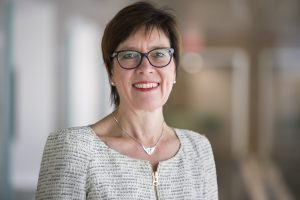
For our colloquium on 11th of October, we will be joined by Professor Tuija Pulkkinen. Professor Pulkkinen is a space physicist and Chair of the Department of Climate and Space Sciences and Engineering, University of Michigan, USA. Her primary research foci are studying the energy flow from the solar wind to the near-Earth space environment and the energy dissipation processes in the magnetosphere.
In her talk, titled Wellbeing in the academia – how to achieve the oxymoron?, she will tell us about how to improve wellbeing in academia. Here is her abstract:
Students drown under expanding curricula, young assistant professors panic under the everchanging requirements for tenure, senior professors have no time for research, and faculty and staff have no voice in the university’s decision-making.” We have all seen these headlines, in all continents and throughout times. Yet, the challenges are changing and contain regional and cultural aspects. While the academia will continue to be a competitive environment and thereby to some extent stressful, there are many ways to turn unnecessary competition to collaboration, reward community building efforts, and actively promote diversity, equity and inclusion in the local environment. This talk discusses issues contributing to wellbeing or lack thereof based solely on personal experiences of academic leadership in Finland and in the US.
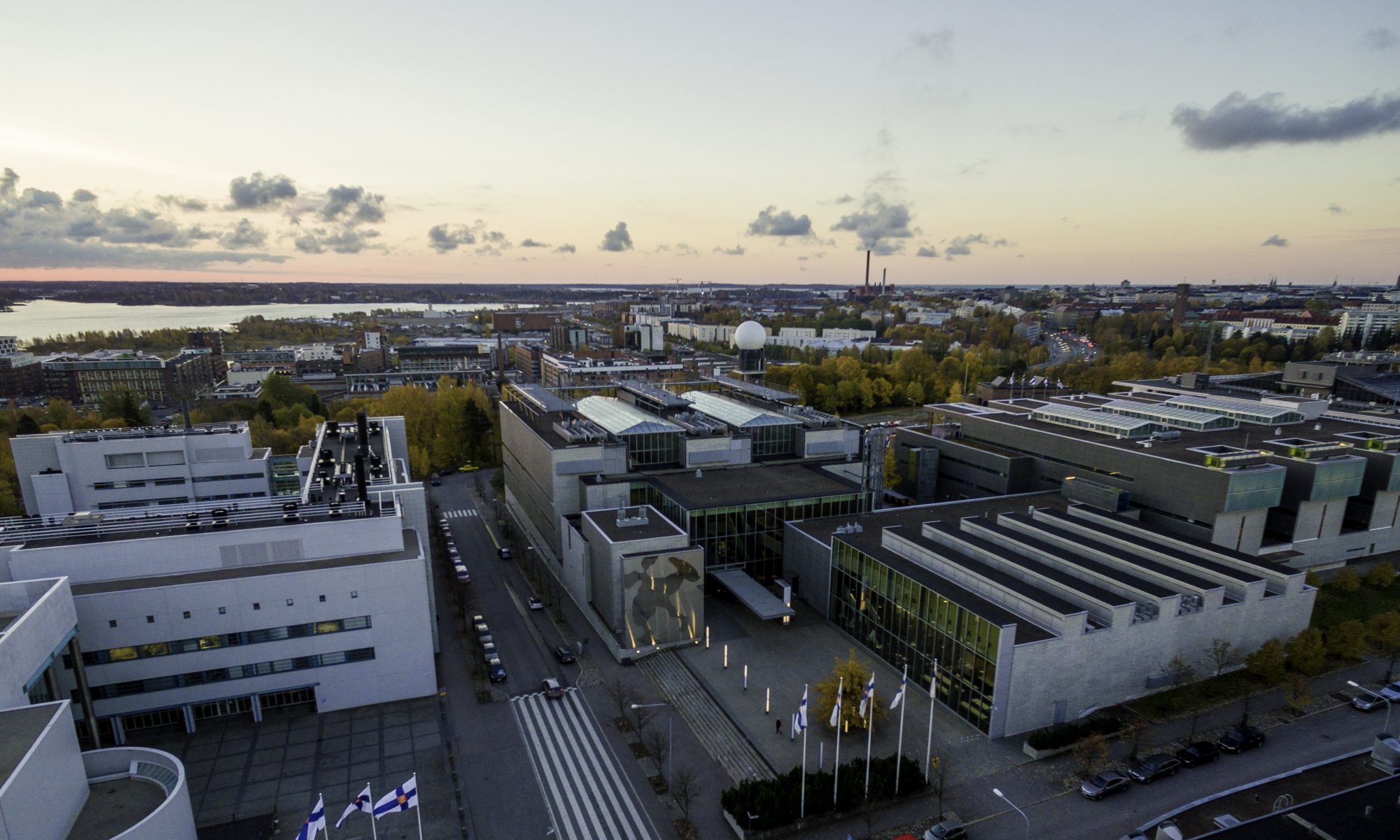
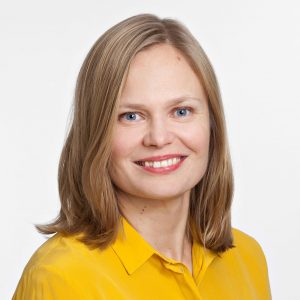 Our first colloquium of Fall 2019 is a Special Colloquium on High Performance Computing (HPC) Applications. We are joined by the Minister of Science and Culture, Hanna Kosonen, who will talk about why HPC is so important for Finland. We will also hear from Professors Ilpo Vattulainen, Minna Palmroth, and Kari Rummukainen who will highlight supercomputing applications at the Department of Physics and Helsinki Institute of Physics (HIP).
Our first colloquium of Fall 2019 is a Special Colloquium on High Performance Computing (HPC) Applications. We are joined by the Minister of Science and Culture, Hanna Kosonen, who will talk about why HPC is so important for Finland. We will also hear from Professors Ilpo Vattulainen, Minna Palmroth, and Kari Rummukainen who will highlight supercomputing applications at the Department of Physics and Helsinki Institute of Physics (HIP).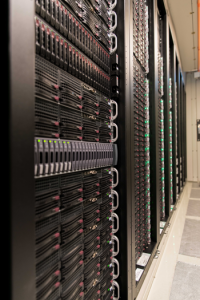 made considerable investments in high-performance computing by renewing the capacity within the CSC – IT Center for Science, and by leading the LUMI consortium that will install one of Europe’s largest pre-exascale supercomputers in Kajaani. But who are the scientific users of HPC in Finland? One of the largest users is the University of Helsinki Department of Physics and HIP, having several groups pioneering in modelling physical systems using supercomputers. This Special Colloquium is targeted to highlight supercomputing applications at the Department of Physics and HIP in a generally understandable manner.
made considerable investments in high-performance computing by renewing the capacity within the CSC – IT Center for Science, and by leading the LUMI consortium that will install one of Europe’s largest pre-exascale supercomputers in Kajaani. But who are the scientific users of HPC in Finland? One of the largest users is the University of Helsinki Department of Physics and HIP, having several groups pioneering in modelling physical systems using supercomputers. This Special Colloquium is targeted to highlight supercomputing applications at the Department of Physics and HIP in a generally understandable manner.
 Our next colloquium will be held on 8th February. Our next talk is an inaugural lecture by another new professor in our department, Peter Johansson.
Our next colloquium will be held on 8th February. Our next talk is an inaugural lecture by another new professor in our department, Peter Johansson.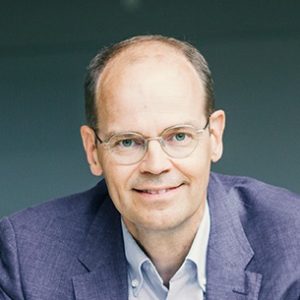 Our first Kumpula Physics colloquium of 2019 will be held on 18th January. The speaker will be
Our first Kumpula Physics colloquium of 2019 will be held on 18th January. The speaker will be